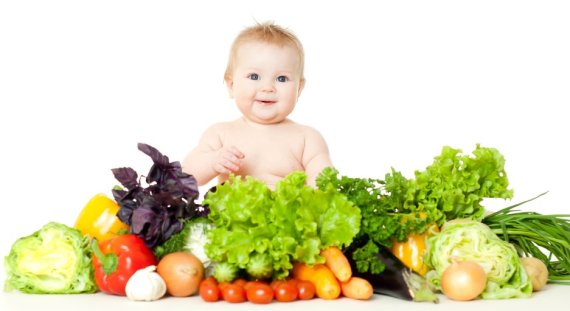These conclusions are drawn by Coraline Barends in the thesis she defended on Tuesday 30 June.
This underlines how difficult it is to get children – and adults too – to eat enough vegetables. Dutch people of all ages do not eat enough beans, cauliflower and other vegetables. For example, two- to three-year-olds should eat 50 to 100 grams. In practice only about 20 percent of children in this age group manage this.
Barends tested the effect of familiarity in an experiment with 101 babies who she monitored from their first taste of solid food at around six months until their second birthday. Half of the babies were introduced to the vegetable itself, while the other half ate pureed vegetables. After 19 days it appeared that the babies in the ‘vegetable group’ were eating more vegetables. The effect was still there six months later. Babies who had participated in the experiment ate an average of 75 grams of vegetables per day, the rest 54 grams.
We want children to learn to recognize vegetable flavours
Martine Alles, Nutricia Research
The difference had disappeared by the time of the second birthday and the two groups were then eating equal quantities of vegetables. It is not clear why this is so, but Barends has a few ideas. The ‘veggie babies’ had only had three weeks to get used to the vegetables. A longer period of familiarization might be more effective. Secondly, at the end of the period the children were entering the development phase in which they learn to say ‘no’, and they probably practised this a lot when they were served vegetables.
But this does not mean there is no point in familiarization, says Barends. ‘They still had a 12 month advantage because they had eaten more vegetables.’ It is also possible that taste preferences are sustained in the long term and that the children do start eating vegetables when they’ve got past the no stage.

